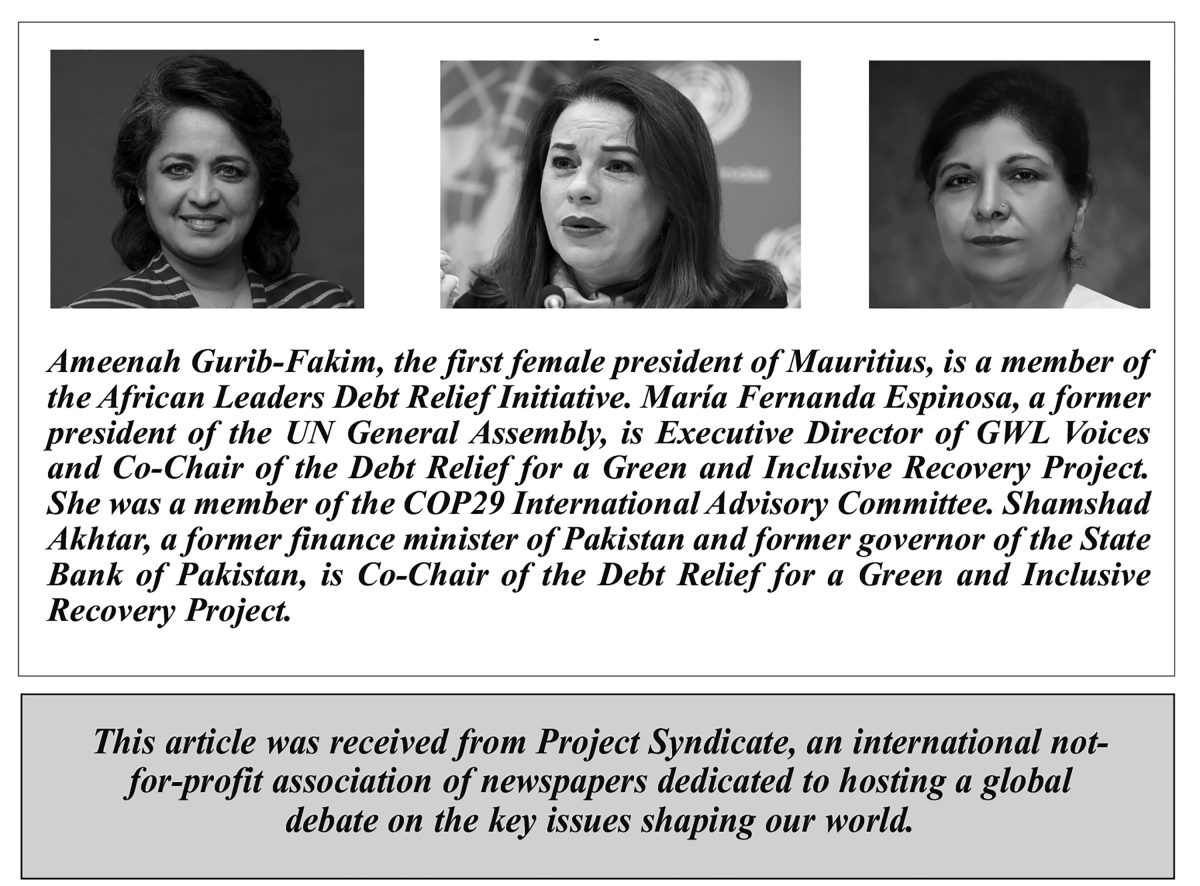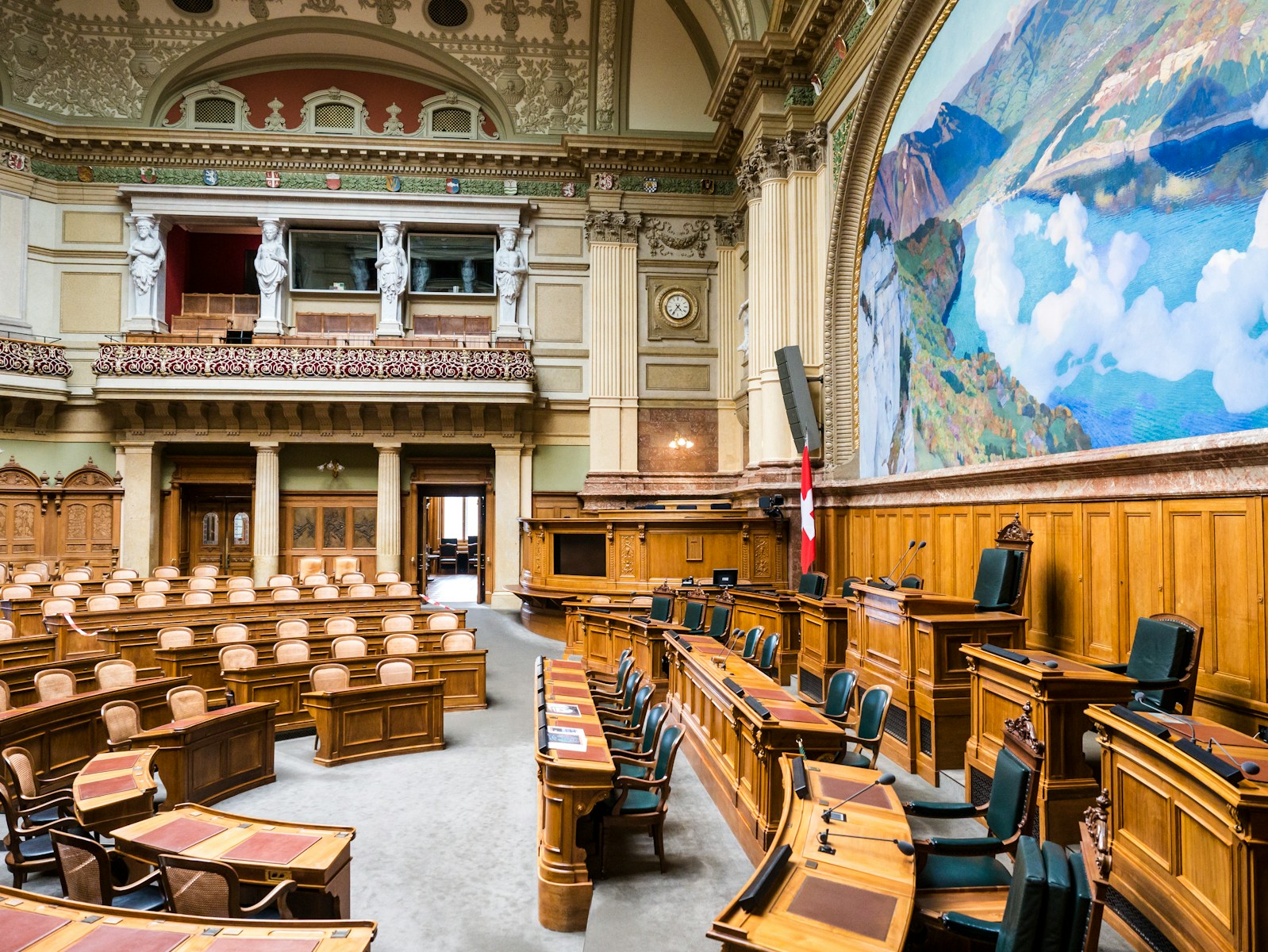Introduction
The G20 Summit in Johannesburg marks one of the most important moments in modern global diplomacy. For the first time, Africa is hosting this influential gathering of world economic powers, giving the continent a historic opportunity to shape global priorities. As South Africa leads the summit, the focus shifts toward issues the Global South has long emphasized: fairness, development, climate justice, and greater global representation.
This G20 Summit arrives during a period of uncertainty, with leadership changes in major countries, rising global tensions, and economic pressure across developing regions. These circumstances make the summit more significant than ever as leaders decide how to cooperate in a world where old systems are no longer working effectively.
G20 Summit and Africa’s Global Leadership Role
The G20 Summit highlights Africa’s growing role in international politics. Hosting the summit shows that Africa is ready to lead, not just participate, in shaping global decisions. South Africa is using this platform to represent the interests of developing nations seeking fairness in global systems.
African countries have long called for stronger representation, more development investment, and equal treatment in global institutions. By bringing the world’s top economies to Johannesburg, Africa is demonstrating its influence and pushing global leaders to acknowledge the continent’s strategic importance in areas like trade, energy, technology, and climate.
G20 Summit and Economic Development Priorities
Economic development is a central theme of the summit. Many African nations are striving to build stronger economies, but face challenges such as limited infrastructure, high borrowing costs, and restricted access to global markets. South Africa is advocating for new development partnerships that allow countries to grow through modern industries, digital innovation, and regional trade.
The G20 Summit provides the perfect platform for discussions on development financing, investment commitments, and strategies to support sustainable growth. Leaders hope to build a fairer global economy where developing countries can expand their industries and better manage economic shocks.
G20 Summit and Climate Finance Commitments
Climate finance is one of the most urgent priorities at the G20 Summit. African nations experience severe climate impacts including droughts, storms, rising temperatures, and agricultural losses. Yet they receive only a small share of global climate funding.
South Africa is pressing for stronger commitments from wealthy nations to provide adaptation funding, disaster relief support, and investment in renewable energy. The G20 Summit aims to ensure that climate promises are not only made, but acted upon. Africa wants climate funding that is accessible, fast, and fair—reflecting the needs of the regions most affected by climate change.
G20 Summit and Trade Barriers Affecting Global South Economies
Trade access is another major challenge highlighted at the summit. Many African exporters face high tariffs, strict regulations, and unequal trade agreements that limit their competitiveness in global markets. These trade barriers prevent developing countries from growing their manufacturing and agricultural industries.
At the G20 Summit, South Africa is advocating for more inclusive trade systems that support job creation and industrial growth. Leaders want to modernize trade routes, improve market access, and encourage fair rules that allow companies in developing countries to succeed internationally. Progress on trade reform would significantly boost Africa’s economic potential.
G20 Summit and Technology Gaps Limiting Economic Growth
The digital divide remains a major barrier to development in many Global South countries. At the G20 Summit, leaders are emphasizing the need for digital transformation, modern infrastructure, and partnerships that support technological advancement.
Africa aims to expand access to fast internet, build strong digital industries, and train young people in technology skills. With a rapidly growing young population, Africa has the potential to become a global leader in innovation—if access to technology improves. The G20 Summit highlights the importance of bridging technology gaps to unlock new opportunities and support long-term economic development.
G20 Summit and Global Cooperation During Leadership Transitions
Leadership transitions in major nations create uncertainty in global politics. The G20 Summit arrives at a moment when world powers are shifting strategies, redefining alliances, and reassessing their roles in global economic systems.
This transition period provides opportunities for developing countries to push for stronger influence. South Africa is using the summit to emphasize unity, fairness, and cooperation during a time of global change. By bringing leaders together, the G20 Summit seeks to stabilize international relations and encourage dialogue over division.
G20 Summit and Debt Reform for Developing Nations
Debt reform remains a major concern at the G20 Summit, especially for countries facing large repayment demands that limit their financial stability. Many African and Global South economies are spending more money on interest payments than on public services like education or healthcare. South Africa is using the summit to push for faster, fairer debt restructuring processes that prevent nations from falling deeper into crisis.
The current global debt framework is slow, complex, and often controlled by powerful lenders. Developing countries want a system that is transparent, predictable, and designed to support sustainable development. By raising this issue at the G20 Summit, South Africa highlights the need for real solutions that help nations invest in long-term growth instead of struggling under endless debt burdens.
G20 Summit and Peace, Security, and Regional Stability
Peace and security are essential for economic progress, and the G20 Summit provides an important space to discuss global stability. Several African regions face challenges such as political unrest, armed conflict, and terrorism. These issues disrupt economies, reduce investment, and weaken public confidence.
South Africa argues that no country can achieve long-term development without peace. Leaders at the summit are discussing strategies to strengthen peacekeeping missions, improve conflict prevention, and support countries recovering from instability. By prioritizing security, the G20 Summit emphasizes the need for global cooperation to address threats that cross borders.
G20 Summit and Human Development Priorities
Human development is another central theme at the G20 Summit. Many Global South countries struggle with unemployment, gaps in education, and limited access to healthcare. These challenges slow progress and make it harder for individuals to improve their lives.
South Africa is calling for international support in strengthening education systems, expanding healthcare services, and creating opportunities for young people. With Africa’s population expected to double in the coming decades, investment in human development is essential. The G20 Summit aims to promote policies that support inclusive growth and ensure that economic gains translate into real improvements for communities.
G20 Summit and Africa’s Future Role in Global Governance
One of the most important outcomes of the summit is Africa’s growing influence in global decision-making. For years, African nations have sought stronger representation in institutions like the United Nations, World Bank, and International Monetary Fund. The G20 Summit gives Africa a platform to push for these reforms.
South Africa argues that global governance systems must evolve to reflect today’s world, where developing nations play a vital role in economic growth and climate solutions. By hosting the summit, Africa shows it is ready to lead and contribute to shaping international policies. The discussions in Johannesburg are expected to strengthen Africa’s case for an equal seat at the global table.
G20 Summit and What Success Means for Developing Countries
Success at the G20 Summit will not only be measured by final declarations but by the commitments made to support the needs of the Global South. South Africa hopes leaders will agree on new climate finance mechanisms, improved debt frameworks, and more inclusive trade rules.
Even small steps can represent major progress. The summit provides a rare moment for developing nations to influence global priorities and ensure their voices are heard. If leaders collaborate effectively, the G20 Summit can become a milestone for fairness, development, and meaningful global cooperation
FAQs
1. What makes the G20 Summit in Johannesburg important?
It is the first G20 held on African soil, giving Africa a strong voice in global decisions on climate, trade, and development.
2. How does the G20 Summit support developing nations?
It highlights issues like debt relief, climate finance, fair trade access, and global reforms to support economic growth.
3. Why is South Africa’s leadership significant at the G20 Summit?
South Africa represents the Global South and uses its leadership to push for fairness, equality, and stronger global cooperation.
Conclusion
The G20 Summit in Johannesburg stands as a major milestone for Africa and the wider Global South. By hosting the world’s most influential leaders, South Africa is reshaping global conversations on climate justice, debt reform, trade expansion, and human development. The summit proves that Africa is ready to help guide international decisions and promote a fairer global order. If leaders act on these priorities, the G20 Summit could mark the beginning of stronger cooperation and a more inclusive future for developing nations.




